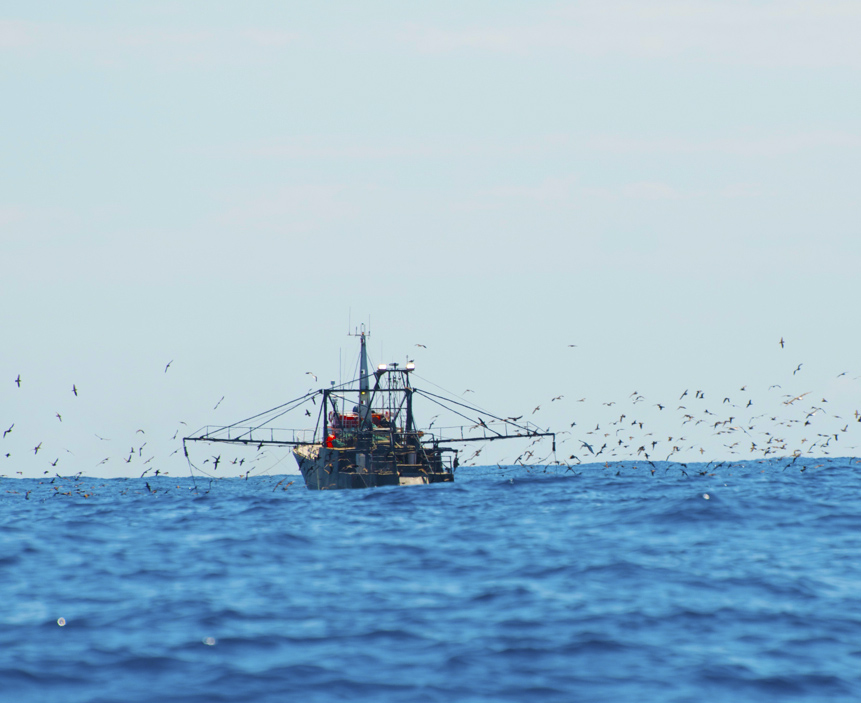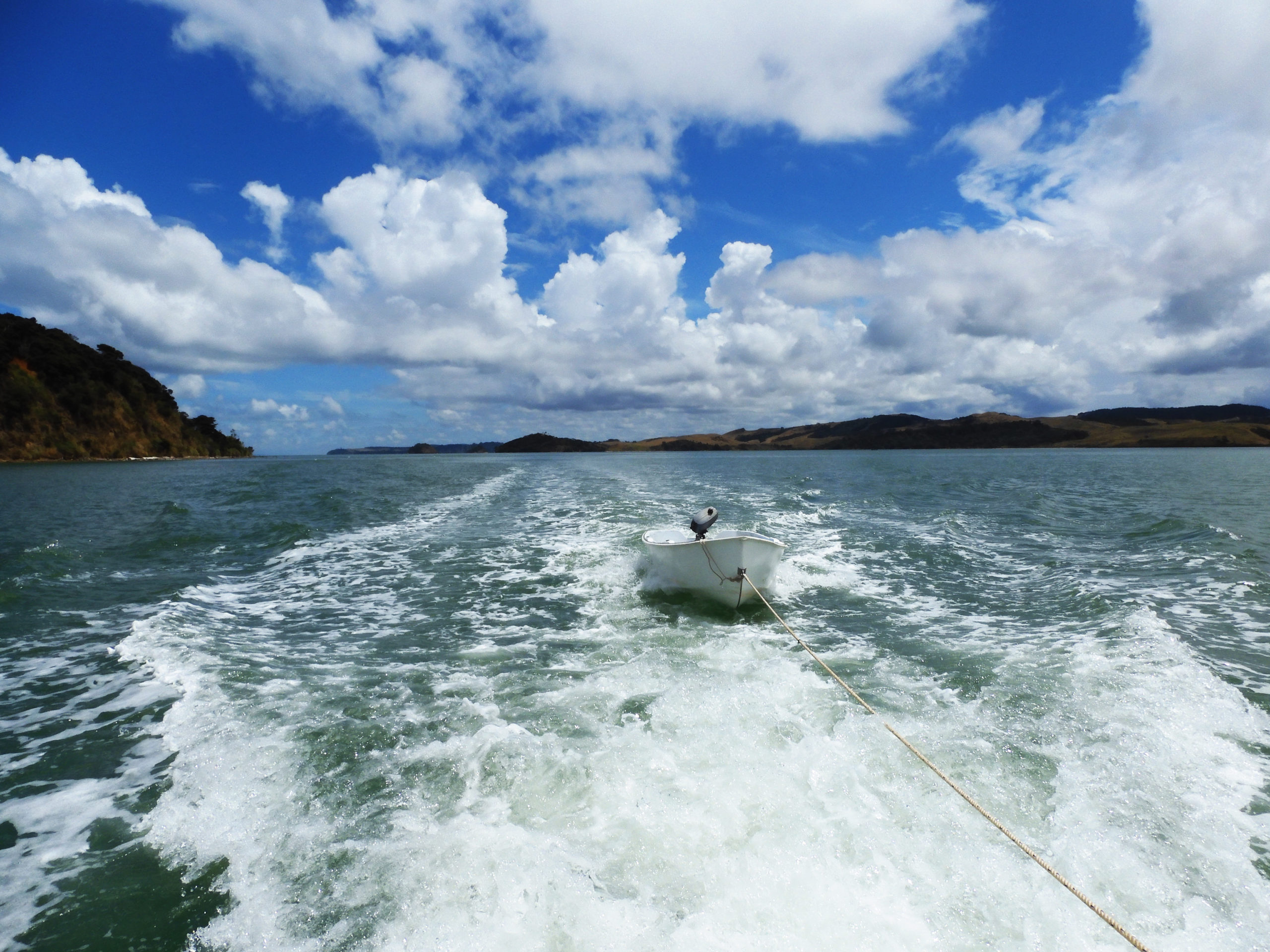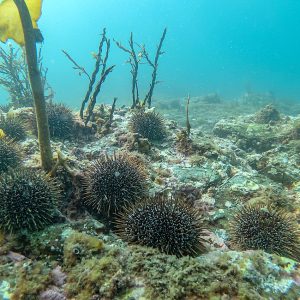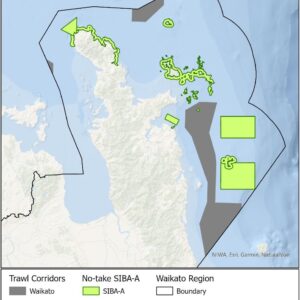
The pristine waters of the Coromandel could become the last resort for bottom trawling and seining if the Hauraki Gulf Marine Protection Bill gets through Parliament.
The Environment Select Committee is currently reviewing the Protection Bill, after holding hearings in Auckland in early March. Successive submitters urged the Committee to consider the wider impacts of creating 12 new marine reserves with customary take, a couple of Seabed Protection Areas and extending two marine reserves within the Marine Park.
Gordon McIvor, President of the Mercury Bay Game Fishing Club, highlighted locals’ fears that shifting fishing effort from the northern Hauraki Gulf into Coromandel waters will have undue impacts on the environment and the safety of fishers and Coromandel families seeking to put food on the table.
“The extension of the Cathedral Cove marine reserve will remove most of the remaining opportunity for fishing in the sheltered waters of Mercury Bay, especially for those people in small boats or kayaks. These fishers will have to move into more open water, creating a safety risk. Everyone deserves safe and reasonable access to enjoy our beautiful ocean and to catch a fish for dinner.”
Representatives from various Coromandel groups were adamant the Bill must address the serious issues impacting on residents – overfishing leading to depleted local waters, and industrial fishing methods destroying the marine environment.
The depletion of our scallop beds, unhealthy mushy fleshed fish, kina barrens, and the increasing prevalence of pest species such as Caulerpa seaweed are obvious signs that the marine ecosystem is struggling.
Our Hauraki Gulf Marine Park is crying out for active restoration. The concern is that the Protection Bill does not go far enough. Creating marine reserves to protect small areas from destructive fishing methods will only intensify fishing pressure within the spaces left available. Bottom trawling, dredging, and Danish seining destroy habitats and marine life on the seafloor.
LegaSea has been campaigning for the entire Marine Park seafloor to be protected, and we’re not alone.
Professor Simon Thrush, a globally recognised scientist, was astounded that such destructive fishing methods will still be permitted in the Gulf under the proposed Bill. Simon has completed extensive research on the Gulf’s seafloor. He explained to the Committee that areas claimed to be ‘muddy and sandy’ that will remain open to trawling, are in fact highly diverse and aren’t any less worthy of protection.
Simon was also highly embarrassed at the length of time it took to develop the Protection Bill, likening it to a snail’s pace.
We agree Simon, it’s embarrassing that 24 years after creating the Marine Park, more than a decade of Sea Change discussions, and clear scientific evidence, the Bill is all we have to show for that investment.
As Mr McIvor said to the Committee, “I encourage you to consider the wider implications that this Bill will have on our communities and the marine environment. Ultimately, I urge the Committee to focus less on protecting what’s left, and more on restoring our coastal fish populations”. Ka pai Gordon.





